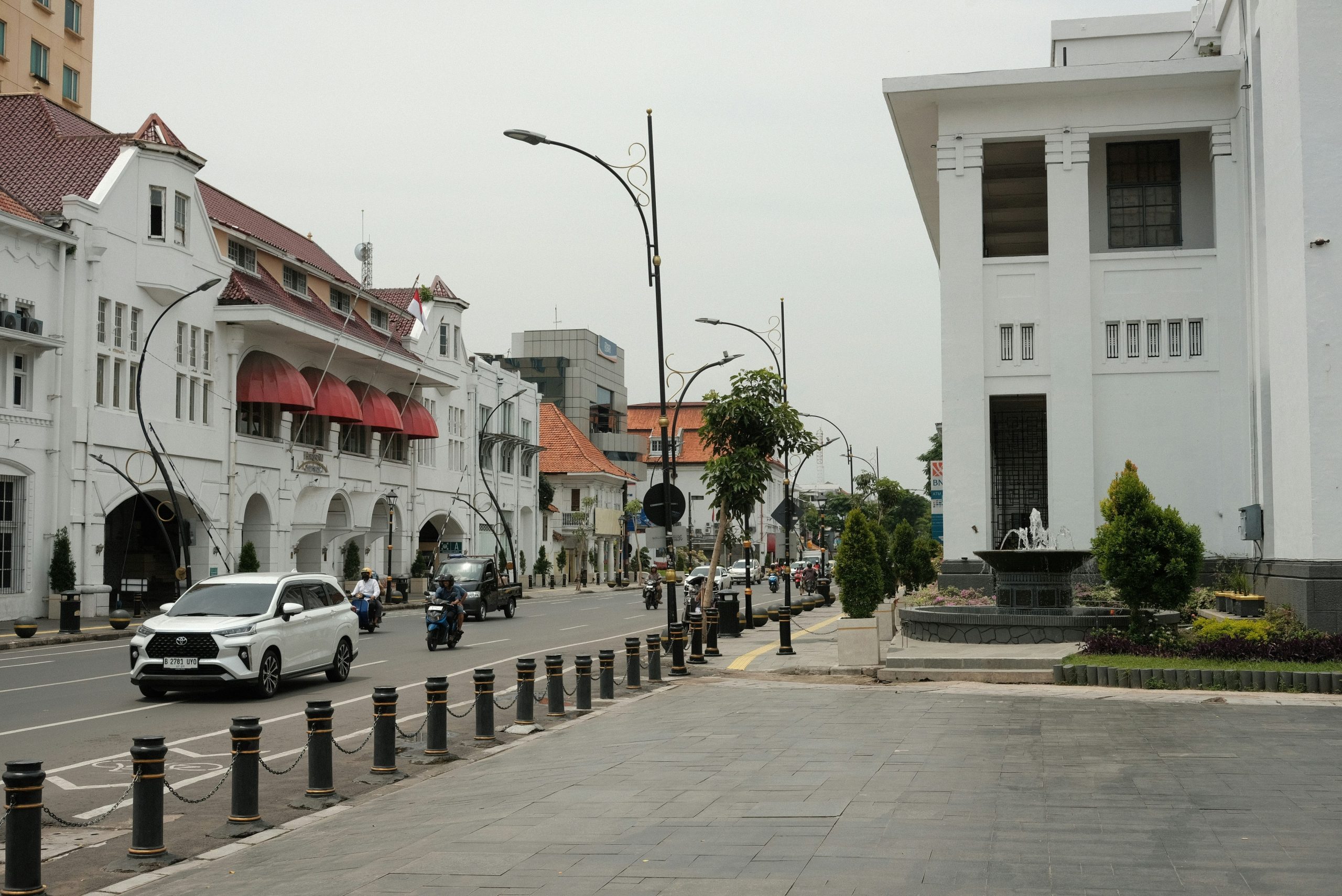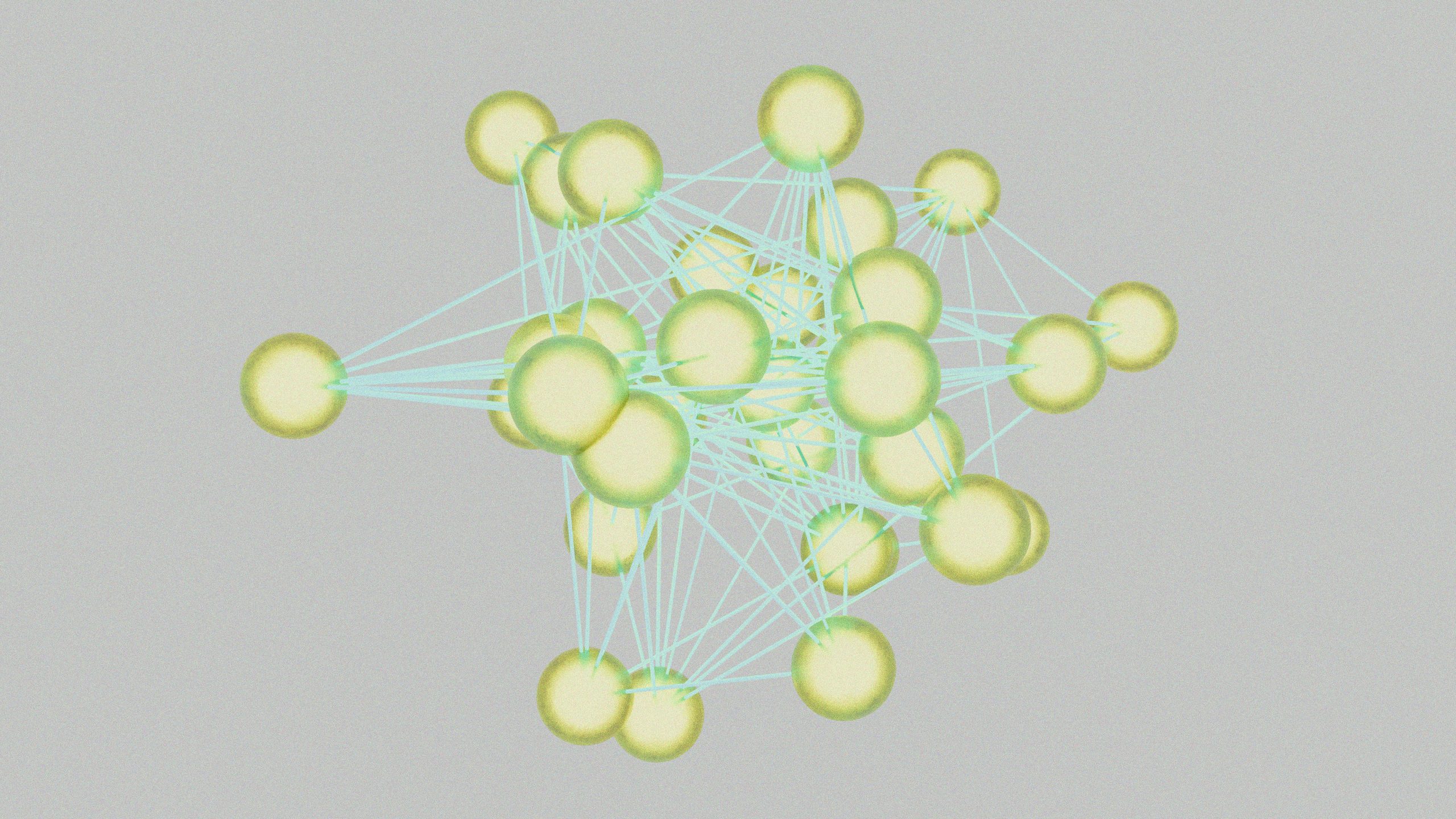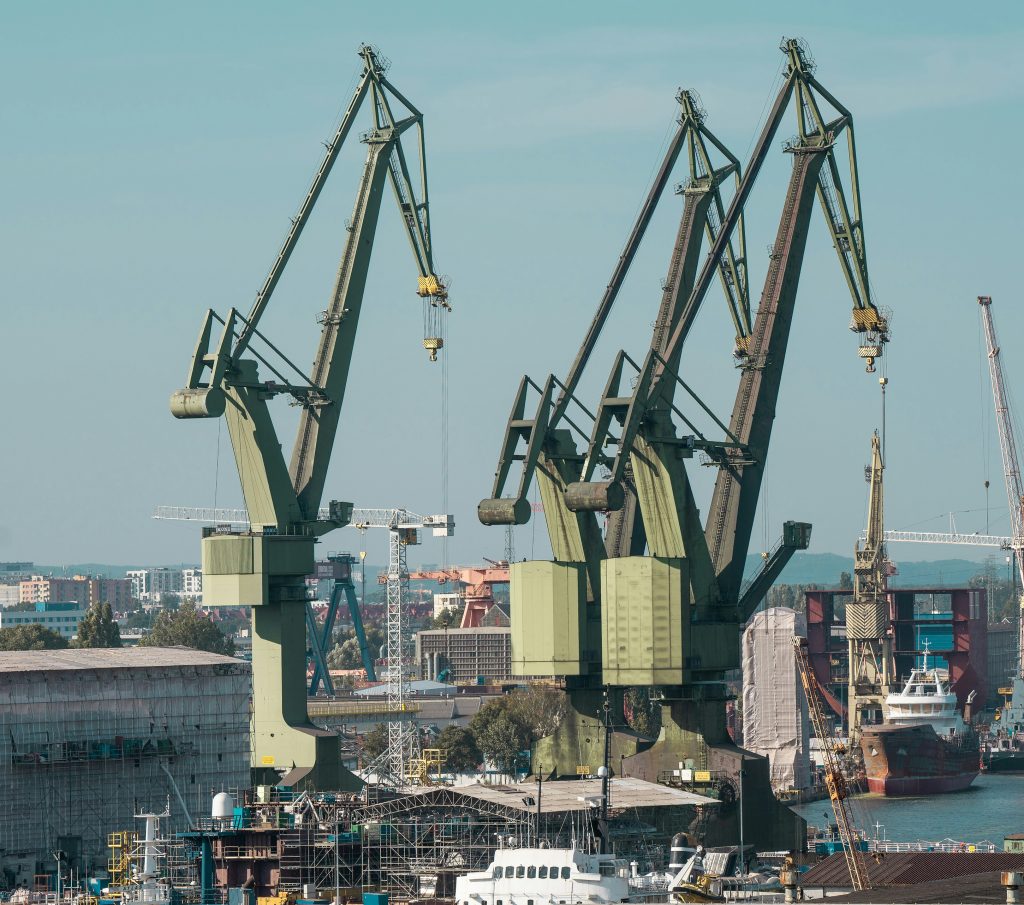Germany Tightens Border Controls Amid Rising Far-Right Sentiment and Migration Concerns
In a significant policy shift, German authorities have announced the introduction of stringent border controls at all land crossings as a response to increasing far-right sentiments and pressures from upcoming elections. This move, which aims to curb irregular migration, follows a series of extremist attacks that have sent shockwaves through the nation and raised concerns about public safety.
The German government, led by the Ministry of Interior, has declared that these measures are necessary to combat not only irregular migration but also the associated rise in crime that has been linked to it. The decision has been met with widespread criticism from neighboring countries, particularly Poland, where the Prime Minister has labeled Berlin's actions as unacceptable and a breach of European law. He has called for urgent consultations with other European nations to address what he describes as a "de facto suspension of the Schengen Agreement on a large scale."
This tightening of border controls is indicative of a growing trend among European nations grappling with the complexities of migration and security. As the far-right continues to gain traction in Germany, public sentiment has shifted towards a more nationalistic approach to immigration, prompting authorities to take decisive actions that they believe will resonate with the electorate.
Germany's move to enhance checks at its borders comes in the wake of rising public anger over the perceived inability of the government to manage migration effectively. The recent extremist attacks, which have raised alarms about national security, have only intensified the call for stricter immigration policies. This has led to a climate where political leaders feel pressured to act, often at the expense of established agreements like the Schengen Agreement, which allows for passport-free travel across many European countries.
While the German government argues that these measures are necessary to protect its citizens and maintain order, critics warn that they could lead to increased tensions among EU member states and undermine the principles of free movement that have been a hallmark of European integration. The Polish Prime Minister’s remarks reflect a growing unease among European leaders regarding the potential ramifications of Germany's unilateral actions.
As discussions continue among European nations, the implications of Germany's decision on its relationships with its neighbors remain to be seen. Will this lead to a ripple effect, prompting other nations to adopt similar measures? Or will it spark a backlash that brings attention to the need for a more cohesive and humane approach to migration across Europe?
As the situation develops, all eyes will be on Germany and its neighbors as they navigate the delicate balance between security and the values of cooperation and solidarity that the European Union was founded upon. The coming months will be crucial in determining the future of border policies in Europe and the impact they will have on the lives of countless individuals seeking a better life in the continent.











